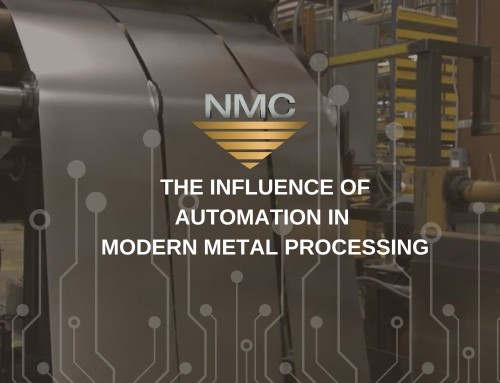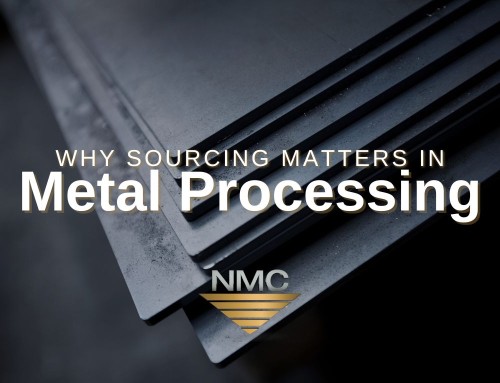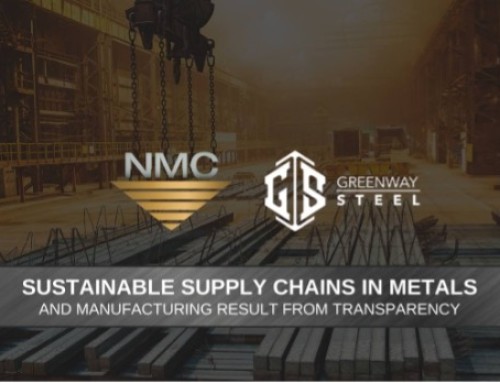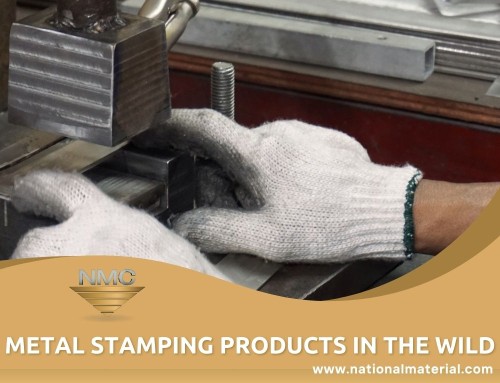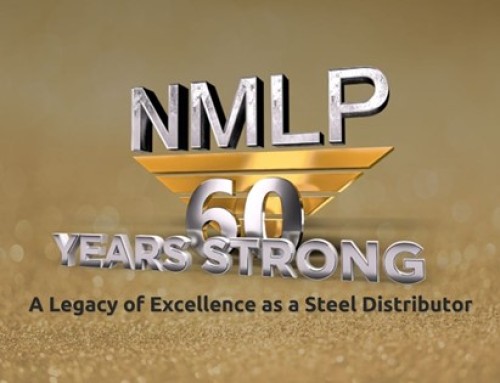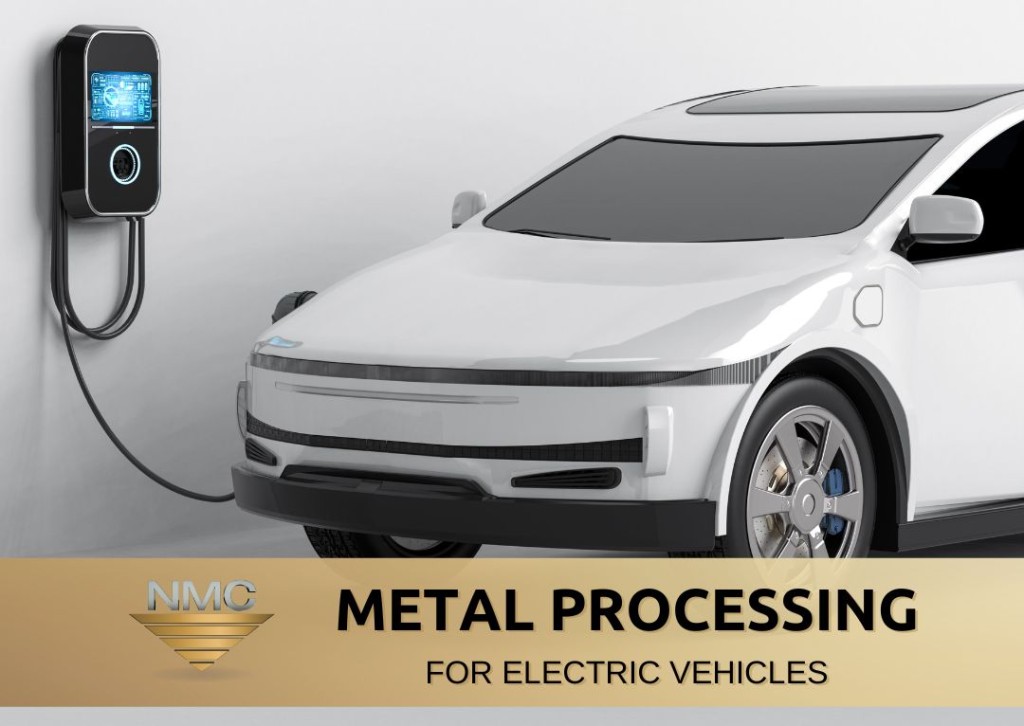
As the electric vehicle (EV) market expands, strategic use of materials like steel and aluminum has become critical in achieving performance, sustainability, and cost objectives. Metal processing for electric vehicles is a complex field where the selection of materials can significantly influence vehicle design and manufacturing efficiency. Both automotive aluminum and automotive steel play pivotal roles, each offering distinct advantages that can enhance or hinder a vehicle’s performance, range, and cost-effectiveness.
The Steel vs. Aluminum Debate in Metal Processing for Electric Vehicles
In the electric vehicle (EV) industry, a competition between steel and aluminum has emerged, with manufacturers weighing the pros and cons of each material for specific applications. Steel, including ultra-high-strength (UHHS) and advanced high-strength steel (AHHS), is valued for its strength and cost-effectiveness. Aluminum, on the other hand, is favored for its lightweight properties and thermal conductivity, making it ideal for battery enclosures and body panels.
As original equipment manufacturers (OEMs) and EV automakers strive to optimize their vehicles, choosing steel and aluminum becomes a strategic decision. This decision is influenced not only by the materials’ inherent properties but also by factors like supply chain management, the capabilities of steel service centers and metal processing centers, and the demands of EV infrastructure. Understanding the benefits and limitations of each material can guide manufacturers in creating electric vehicles that meet the highest performance and sustainability standards.
The Case for Steel
- Advantages of Automotive Steel in Electric Vehicle Manufacturing
Automotive steel, particularly ultra-high-strength steel (UHHS) and advanced high-strength steel (AHHS), offers exceptional strength and durability, making it ideal for structural components that must withstand significant stress, such as the vehicle frame and chassis. In addition to its robustness, steel is generally more cost-effective than aluminum, making it a preferred choice for manufacturers with budget constraints. This is especially important for original equipment manufacturers (OEMs) looking to optimize production costs.
Furthermore, steel is highly recyclable, aligning with sustainability goals and reducing the carbon footprint of vehicle production. The use of galvanized steel also enhances longevity and corrosion resistance in automotive components.
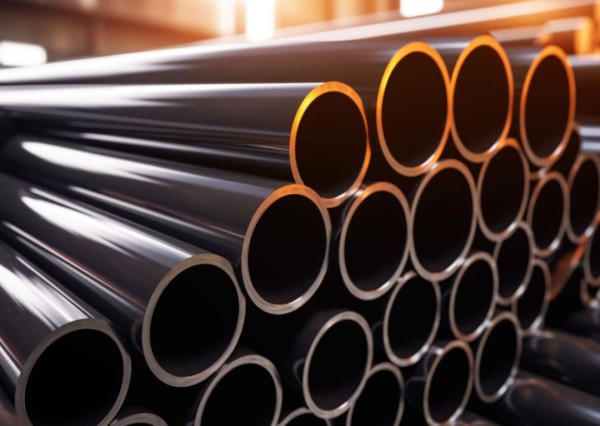
- Challenges of Using Steel in Electric Vehicles
One downside of using steel is its weight, as it is significantly heavier than aluminum. This added weight can negatively affect a vehicle’s overall efficiency and range, making it less ideal for electric vehicles focused on maximizing energy efficiency. Additionally, although advancements in galvanization have improved steel’s resistance to rust, it remains more susceptible to corrosion than aluminum, particularly in harsh environmental conditions.
The Case for Aluminum
- Benefits of Aluminum in Electric Vehicles
Aluminum’s lightweight nature makes it an ideal choice for reducing vehicle weight, improving fuel efficiency, and extending the range of electric vehicles. For EV automakers, automotive aluminum helps maximize range without sacrificing performance. In addition to its weight advantages, aluminum offers excellent corrosion resistance due to its natural oxide layer, making it well-suited for components exposed to harsh environments.
Aluminum’s superior thermal conductivity also makes it ideal for parts that require efficient heat dissipation, such as battery enclosures and heat exchangers.
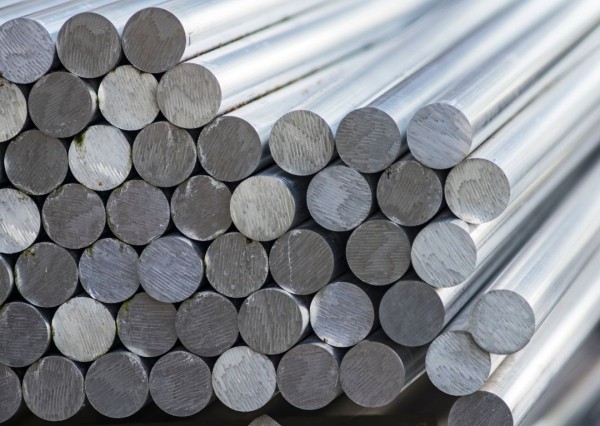
- Challenges of Using Aluminum in Electric Vehicle Manufacturing
While aluminum offers many benefits, it tends to be more expensive than steel, leading to higher manufacturing costs. Additionally, though aluminum is highly formable, it requires specialized equipment and processes, such as extrusion and advanced stamping techniques, which can add complexity to the production process.
The Synergistic Use of Steel and Aluminum in Electric Vehicles
Steel and aluminum play critical roles in metal processing for electric vehicles. Their combined use allows manufacturers to leverage the strengths of each material while mitigating their weaknesses.
Key Components and Applications
- Battery enclosures — Due to its lightweight properties, aluminum stands out for its excellent thermal conductivity. This enables efficient cooling and reduced weight, enhancing the vehicle’s range.
- Chassis and body structure — A common hybrid approach uses steel for structural integrity and aluminum for weight reduction. High-strength steel provides a robust safety framework, while aluminum panels reduce weight.
- Suspension components — Due to its lightweight properties, aluminum is extensively used in suspension systems, enhancing ride quality and handling.
- Interior components — Steel and aluminum are utilized for various interior parts, balancing strength with aesthetics and weight considerations.
Why Choose National Material Company for Metal Processing?
When selecting the right partner for your electric vehicle (EV) manufacturing needs, National Material Company (NMC) stands out as a premiere choice for metal processing. As a part of the National Material L.P. family, NMC operates multiple steel service centers and processing facilities across the United States, Canada, and Mexico, demonstrating unparalleled reach and capacity in the industry.
NMC’s extensive steel and aluminum processing capabilities make it an ideal partner for projects requiring diverse material needs. Whether you’re manufacturing electric vehicles or undertaking other complex projects, NMC’s state-of-the-art facilities offer advanced processing technologies, including cutting, slitting, and forming, to ensure that each component meets the highest standards of quality and precision.
NMC Capabilities and Expertise
NMC offers comprehensive metal processing services for electric vehicles, including precision cutting and forming, crucial for meeting the intricate designs and specifications of EV components. With ISO and IATF certifications, NMC upholds stringent quality control standards that ensure compliance with industry safety requirements. Committed to sustainability, NMC utilizes recycled materials and energy-efficient processes, supporting environmental goals and regulatory standards. As an industry leader shipping over 2 million tons of steel annually, NMC provides OEMs and EV automakers with a reliable supply of high-quality steel and aluminum products.

To discover how National Material Company can enhance your project’s success, contact NMC at nmcquotes@nmlp.com, 847-806-7200, or visit their website for more information. With NMC as your partner, you can expect excellence in metal processing tailored to the evolving demands of the electric vehicle market and beyond.
About Parent Company, National Material L.P.
National Material Company is part of a group called National Material L.P. With numerous steel service centers and processing facilities throughout the United States, Canada, and Mexico, they annually ship over 2 million tons of steel.
With its broad range of capabilities and 60 years of experience, NMLP excels at supplying, servicing, and processing steel with exceptional efficiency and capacity. NMC is also ISO and IATF-certified, demonstrating its commitment to stringent safety standards for employee protection.

